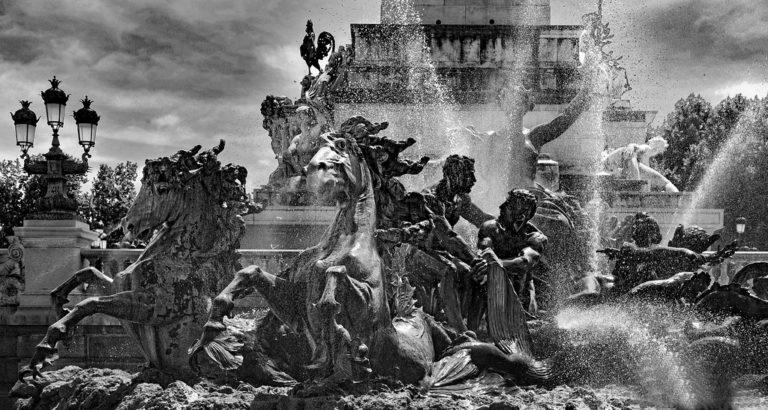Letter from La Vigie, dated 26 APR 2023

France as a heritage power
Controversies about the nature of France’s power continue. Far from its former glory, it is now only an inherited power, managed by expensive and arrogant heirs: it no longer inspires dreams, and the disaffection of its former colonies towards it has spread throughout Europe. Thus appears the real demarcation of the continent: between inherited powers and those who, robbed by the Soviets, have only their future to dream about.
To read the article, click here
Fighting organised crime: a strategic priority
In the event of conflict, the capabilities of deliberately infiltrated agents are often mentioned: espionage, sabotage and subversion are part of their panoply. However, there is a drawback to their use: if they have not been infiltrated early enough, they risk being recognised quickly. On the other hand, organised crime, which has the same range of actions, knows the country and its weaknesses perfectly well, because it takes advantage of them. It is therefore strategic to fight against these criminal organisations in peacetime.
To read the article, click here
Lorgnette: War in Sudan
Civil war has broken out in Sudan and already civilian casualties are in the hundreds, with evacuations taking place in a chaotic manner as the fighting rages and no ceasefire holds. The country had raised some hopes after a popular revolt that led to the departure of Omar al-Bashir (LV 155). Some people are surprised that these clashes are not between a government and a democratic opposition that is rebelling, but between two forces within the government. Should we see the action of the Russians and their naval base in Port Sudan (LV 123)? That would be giving them too much influence. Is it then ethnic unrest, like that which led to the secession of South Sudan? Or is it religious unrest with Islamists on one side and “pagans” (animists or Christians) on the other? Probably not.Perhaps there are some of these elements, but the background is even crueller: it is the opposition of two similar forces, the RSF (ex janjawid, these tribal militias of Darfur, see post) and the so-called regular armed forces. Two men are fighting for power and if they have foreign support, they want above all to take precedence over the other.
JOCVP
Subscribers: click directly on the links to read online or download the pdf issue (here), always with your login/password. New readers: read the article by issue, by clicking on each article (€2.5), or subscribe (discovery subscription €17, annual subscription €70, orga. subscription €300 excl. tax): here, the different options.
Photo crédit : Hervé S, France on VisualHunt

